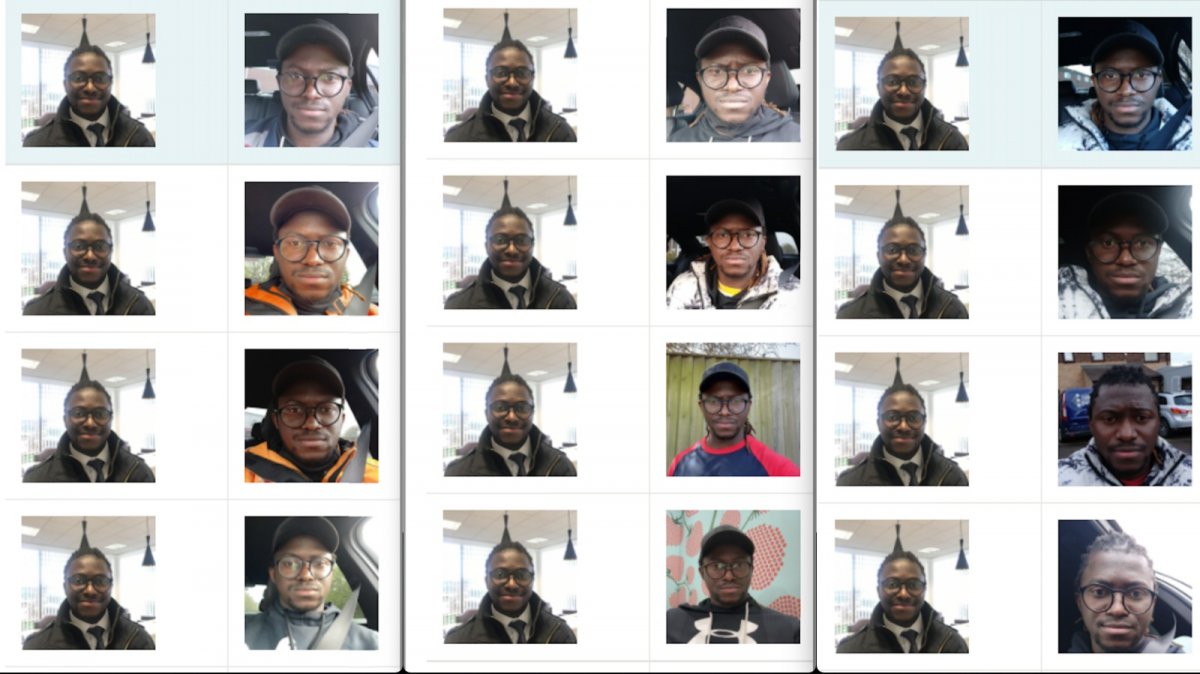In Great Britain, Uber Eats awarded financial compensation to a delivery driver after the app's AI facial recognition repeatedly failed and he was banned outright. This was announced by the British Equality Commission, EHRC, who represented Pa Edrissa Manjung in court. He has been working on the delivery service since 2019 and has to use an app that uses AI facial recognition provided by Microsoft. Soon he was asked to check in on himself several times a day because he was not recognized. The Times reports. In the end, he was completely locked out as a result of an automated process. How much he earns now is not public.
Advertising
No warning, no objection possible
According to the Equality and Human Rights Commission, Uber Eats informed the man that he was being banned from the platform due to “persistent inconsistencies” in photos of his face. Using AI technology for verification and other automated processes, it was decided to represent him in court. There was also support from the Delivery Drivers Union (App Drivers and Couriers Union). After all, victims could lose their income fully automatically, both criticize. The charges were filed in the fall of 2021, and final hearings before the accountability court are scheduled for November. An out-of-court settlement has now stopped this.
Pa Edrissa Manjung is satisfied with the result and talks about the long and difficult process. His case highlights the potential problems associated with the use of AI, particularly affecting low-wage workers. He was re-accredited as a longtime delivery driver and continues to work for Uber Eats. The EHRC advises companies such as Uber that, as automation increases, there is always a need to ensure that employees are protected from unlawful discrimination. In Manjang's case, it was also worrisome that he was not informed in advance of the impending outage and was given no option to take action against it.
Problems with automatic facial recognition systems, especially with black people, are not new. Especially in the United States, hair transplant cases continue to attract attention. A year and a half ago, a man in the US state of Georgia spent a week in jail after being mistaken for a thief in two states using facial recognition. In 2021, Facebook made headlines after the social network's algorithm paired videos of black people with monkeys. It has long been pointed out that facial recognition algorithms work poorly for certain groups and can therefore perpetuate discrimination.
(mho)

“Communicator. Entrepreneur. Introvert. Passionate problem solver. Organizer. Social media ninja.”







More Stories
UK public sector productivity is deteriorating, ONS data shows
Local elections in Great Britain: Boris Johnson turned away from polling station for lack of ID
Equinor wants to revive expensive oil reserves in Norway and Canada